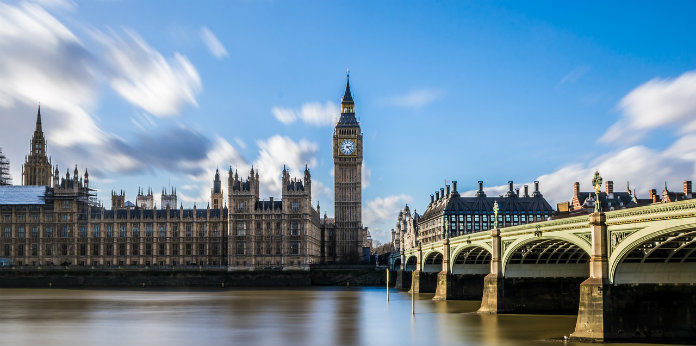Police in the UK investigating Saturday’s terror attack in London have released the identity of the third terror suspect.
One of the men is said to have spent time living in Ireland.
Officers have been raiding an address at Ilford in east London today, while here at home, Clare Gardaí say they are fully prepared in the event of an attack here.
Youssef Zaghba, a Moroccan-Italian man is identified as the 3rd suspect who joined Pakistan-born Khuram Butt and Rachid Radouane, on a knife-wielding frenxy last Saturday night.
Zaghba was reportedly detained briefly last year, while Butt appeared in a TV documentary focussing on Jihadis in the UK.
7 people died and 18 remain in critical condition following their attack.
All 12 people arrested on Sunday after the attack have now been released without charge, but a 27-year-old man has been arrested in Barking in East London today in connection with the incident.
Thousands of people across the British capital paid their respects to the victims, when a minutes silence was held across London at 11am.
Here in Ireland, investigations are continuing into one of the attackers after it was revealed that Rachid Redouane spent some time living in Dublin.
It’s believed that he lived here for a short time as recently as last year.
Former Justice Minister Dermot Ahern says they always feared Ireland would be used as a stepping stone for terrorists targetting the UK.
The threat level remains at moderate but frontline Gardaí have warned they’ve had no counter-terrorism training.
GRA representative James Morrisroe says they haven’t had the resources to properly train people.
But Clare Gardaí say they’re fully prepared in the event of an incident occurring locally.
A security operation remains in place at Shannon Airport around the clock, while armed personnel based in Ennis are available to respond to any incident on a 24-hour basis.
Superintendent Bredan McDonagh says they’ve been in regular contact with the Muslim community here to investigate how young people can become radicalised.







